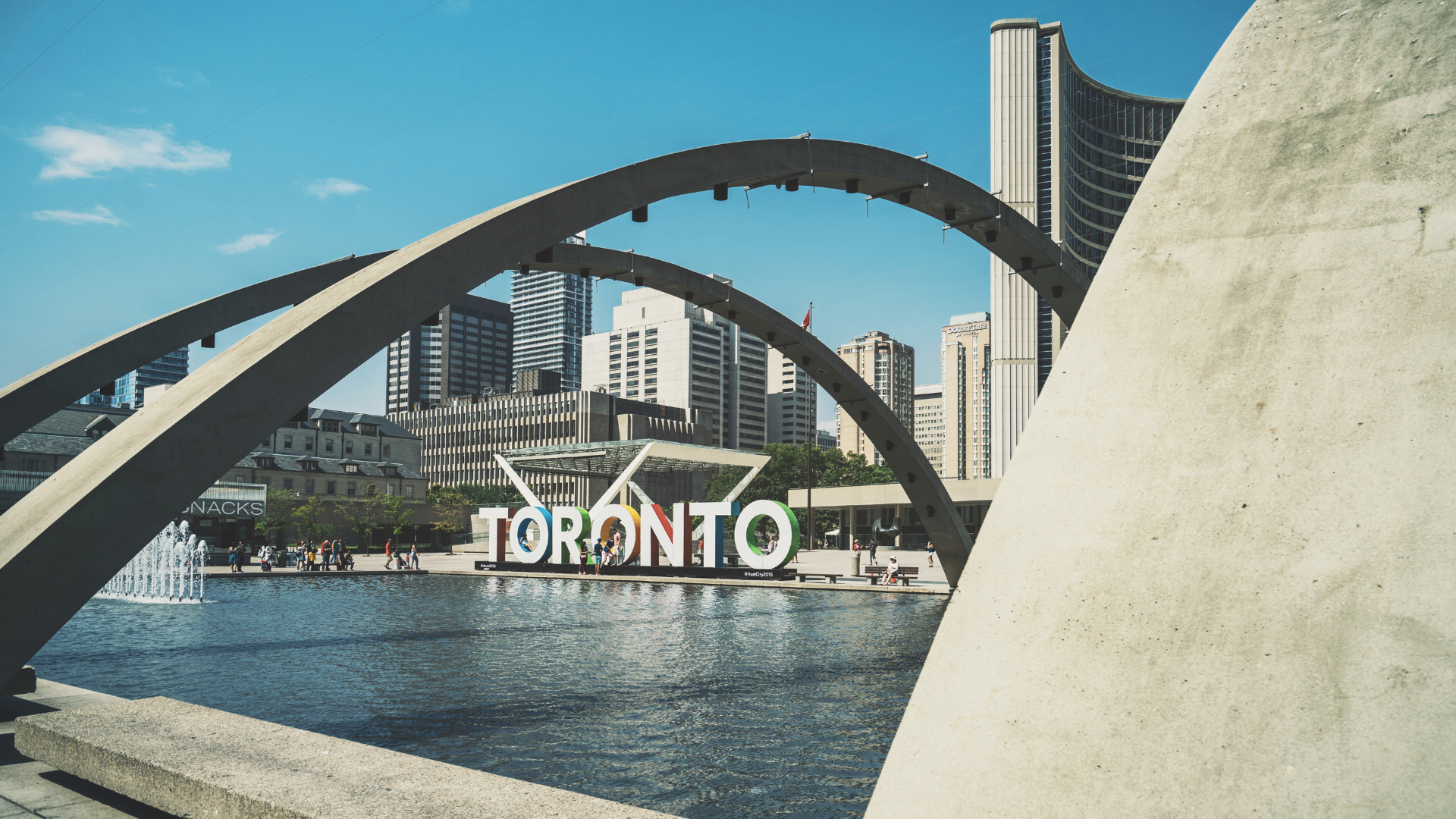Essential Tips for International Students Starting School in Canada: A Comprehensive Checklist

Moving to a new country like Canada for studies is an
exciting adventure, but it can also feel overwhelming. To help make your
transition smoother, here’s a checklist of important steps to take as you
prepare to start school in Canada.
Getting Started: Understanding Tenant Rights
and Regulations
Before settling into your new home, it's crucial to
understand your rights and responsibilities as a tenant. Each province in
Canada has its own regulations regarding renting, including rules for property
inspections, maintenance, and eviction notices. By familiarizing yourself with
these regulations, you can avoid potential housing issues.
Remember that both tenants and landlords have obligations.
As a tenant, you’re responsible for keeping the property clean and reporting
any issues promptly. If a dispute arises, how it's handled will depend on the
province. For instance, Ontario tenants would contact the Ontario Landlord
Tenant Board, while British Columbia tenants would deal with the Residential
Tenancy Branch. Be sure to check your province's specific guidelines.
Rent Control: Know the Rules in Your Province
Rent control policies vary across Canada. Some provinces
like British Columbia have specific limits on how much rent can increase each
year, while others do not. For example, in 2024, British Columbia has capped
rent increases at 3.5%. Understanding these rules can help you budget more
effectively.
Campus Rules and Regulations: What You Need to
Know
University and college campuses in Canada often have their
own rules, which can differ from local laws. For example, many campuses enforce
smoke-free policies, even if smoking is allowed in public elsewhere. You’ll
also find rules about quiet hours and parking. Check your university's website
or visit the student union for details on campus-specific regulations.
Local By-Laws: Stay Informed
Local laws, or by-laws, vary from city to city. For
example, Toronto enforces quiet hours from 11 PM to 7 AM on weekdays. If you’re
used to more relaxed regulations in your home country, especially concerning
alcohol, you’ll want to familiarize yourself with what’s allowed in your new
city. These laws can usually be found on your municipal government’s website.
Applying for a Social Insurance Number (SIN)
If your study permit allows you to work off-campus, you’ll
need a Social Insurance Number (SIN) to start working legally in Canada. You
can apply for a SIN online through the Government of Canada’s website, using
your study permit, passport, and other supporting documents. Once you have your
SIN, you can work for any employer within the limits of your study permit.
Health Insurance: Ensuring You’re Covered
Health insurance is a must while studying in Canada. Some
provinces automatically enroll international students in a provincial health
plan, while others require you to arrange your own coverage. Make sure you know
what’s required in your province and whether there’s a waiting period for
coverage to begin.
In addition to basic health insurance, you might want to
consider extended health coverage, which can include prescription drugs, dental
care, and paramedical services like physiotherapy. Many universities offer
group health plans that include these benefits. Check with your institution to
see if enrolling is mandatory or optional.
Accessing Healthcare: Finding a Primary Care
Provider
Most universities in Canada offer healthcare services on
campus, including student medical clinics for non-emergency care like
check-ups, prescriptions, and vaccinations. You’ll likely need to fill out an
online form and schedule appointments for these services.
Settling In: Managing Waste Collection
Waste collection varies depending on where you live. If
you’re staying on campus or in an apartment, your university or landlord can
provide details on waste disposal. If you live in a house, you’ll likely have roadside
waste collection. Check your local municipality’s website for the schedule and
guidelines on sorting garbage, recycling, and compost.
Staying Connected: Phone and Internet Plans
Staying connected with family and friends back home is
crucial, especially when you’re in a new country. Canada is known for its
expensive phone and internet plans, but shopping around before the school year
starts can help you find back-to-school deals and package discounts. A good
phone plan with ample data and a reliable internet connection will help ease
your transition and keep you connected to your new life in Canada.






